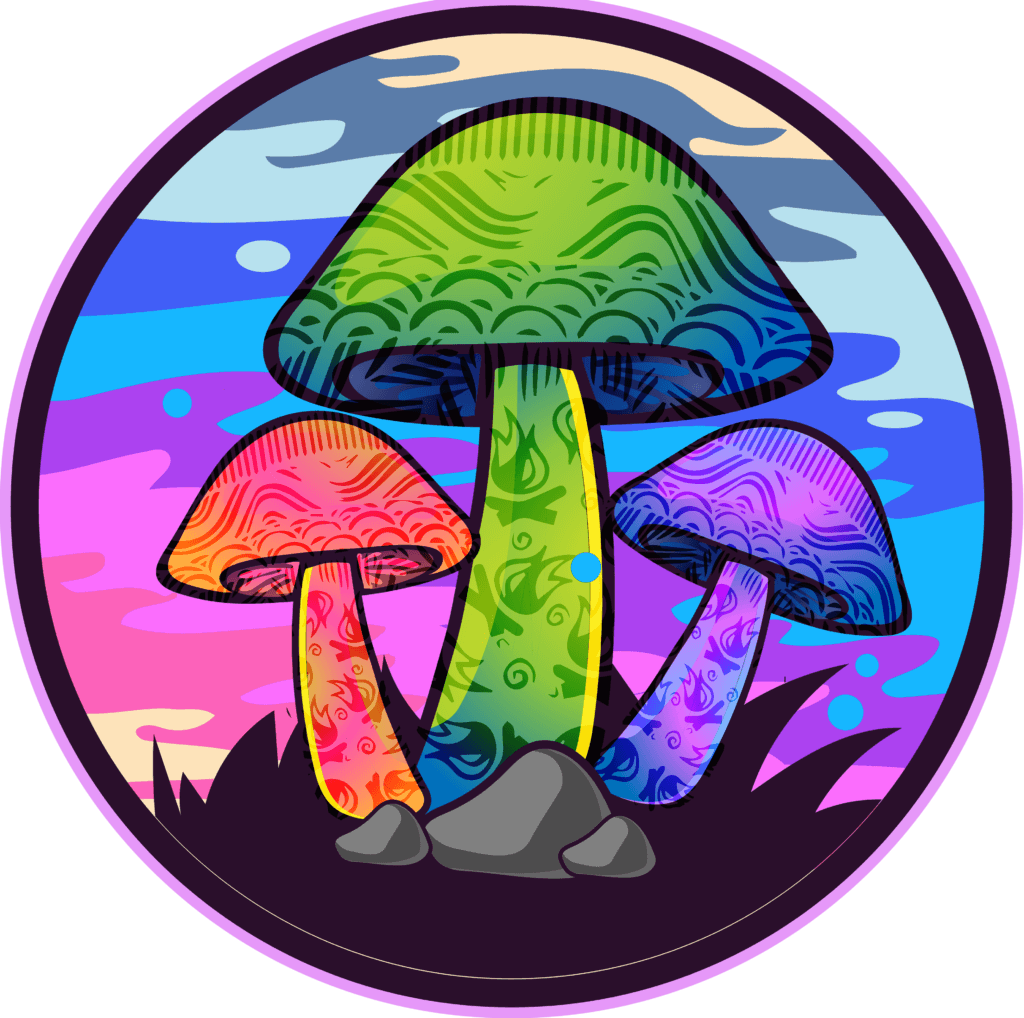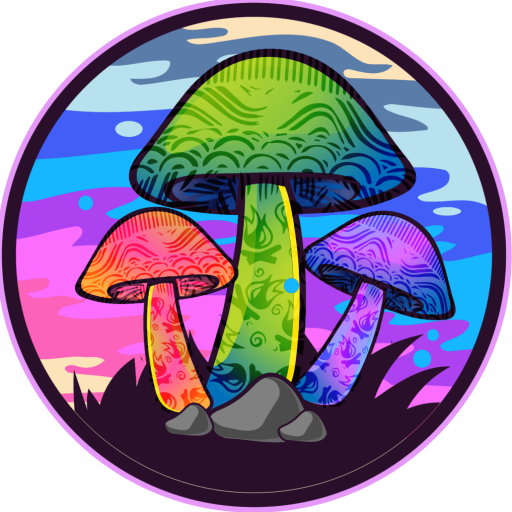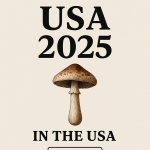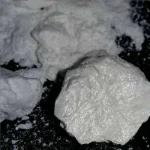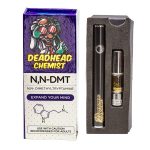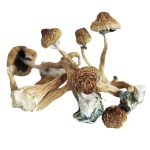In this comprehensive guide, we delve into the fascinating world of psychedelics, their history, effects, benefits, and risks. Our aim is to provide you with an in-depth resource that not only educates but also serves as a valuable reference point for those seeking information on psychedelics. Let’s embark on this enlightening journey together.
The History of Psychedelics
Unearthing Ancient Roots
Psychedelics have a rich history dating back thousands of years. Ancient civilizations, such as the indigenous tribes of South America and the indigenous peoples of North America, used naturally occurring psychedelics like psilocybin mushrooms and peyote in their religious and spiritual ceremonies. These substances were believed to connect individuals with the divine and facilitate profound insights.
The Psychedelic Renaissance
The mid-20th century witnessed a resurgence of interest in psychedelics in Western cultures. Researchers like Albert Hofmann and Timothy Leary explored the potential therapeutic benefits of substances like LSD and psilocybin. However, due to their misuse and classification as Schedule I drugs, research was largely halted until recent years.
Types of Psychedelics
Classic Psychedelics
LSD (Lysergic Acid Diethylamide)
LSD, often referred to as “acid,” is a synthetic psychedelic known for its powerful hallucinogenic effects. It alters perception, cognition, and mood, leading to profound experiences.
Psilocybin Mushrooms
Psilocybin mushrooms, also known as “magic mushrooms,” contain the psychoactive compound psilocybin. These fungi have been used for centuries for their mind-altering properties.
Emerging Psychedelics
MDMA (3,4-Methylenedioxymethamphetamine)
While not a classic psychedelic, MDMA is often included in discussions about psychedelics due to its empathogenic and entactogenic effects. It is currently being studied for its potential in treating PTSD and other mental health conditions.
The Psychedelic Experience
Set and Setting
The effects of psychedelics are highly influenced by one’s mindset and the environment in which the experience occurs. Ensuring a positive “set and setting” is crucial for a safe and meaningful journey.
The Mystical Experience
Many users report having profound mystical experiences while under the influence of psychedelics. These experiences often involve a sense of unity with the universe, profound insights, and a feeling of interconnectedness.
Therapeutic Potential
Psychedelics in Psychiatry
Recent research has shown promising results in the use of psychedelics for the treatment of mental health disorders such as depression, anxiety, and PTSD. Clinical trials have demonstrated the potential of psilocybin-assisted therapy to provide lasting relief.
Addiction Treatment
Psychedelics, particularly ibogaine and ayahuasca, have been explored as tools for addiction treatment. These substances may help individuals break free from the cycle of addiction by providing introspective insights.
Risks and Safety
Psychological Vulnerability
Individuals with a history of mental health issues may be more susceptible to adverse reactions when using psychedelics. It is essential to undergo a thorough screening process before considering psychedelic therapy.
Legal Status
The legal status of psychedelics varies by country and jurisdiction. Users should be aware of the laws in their area and the potential legal consequences of possession and use.
Conclusion
In conclusion, this comprehensive guide has provided a detailed exploration of the world of psychedelics, from their ancient roots to their potential therapeutic applications. We hope that this resource has been informative and serves as a valuable reference for those seeking knowledge about psychedelics. Remember, with knowledge comes responsibility, so always approach psychedelics with caution and respect for their power to transform the mind.
